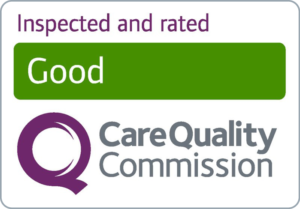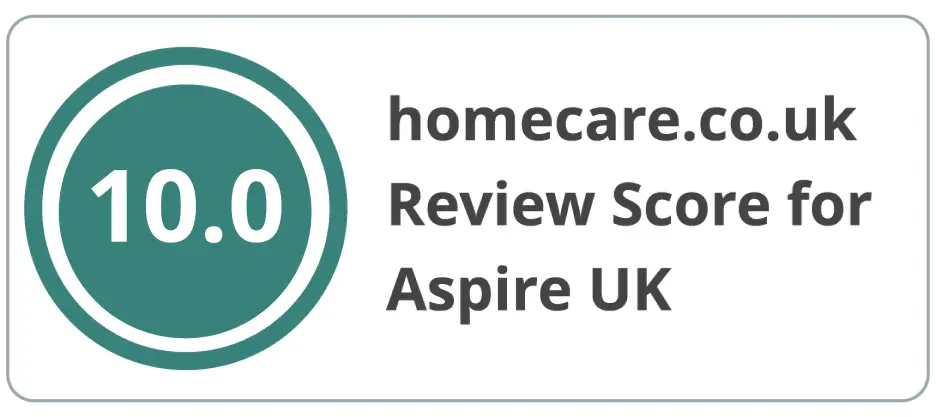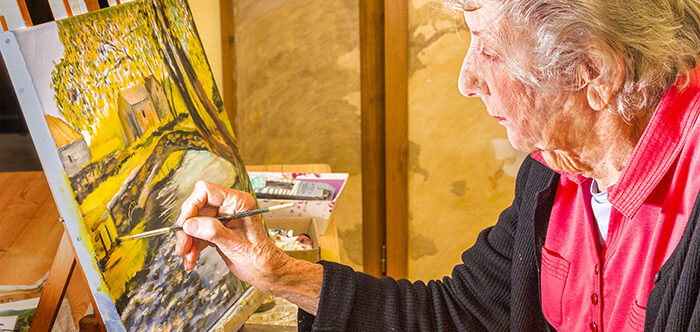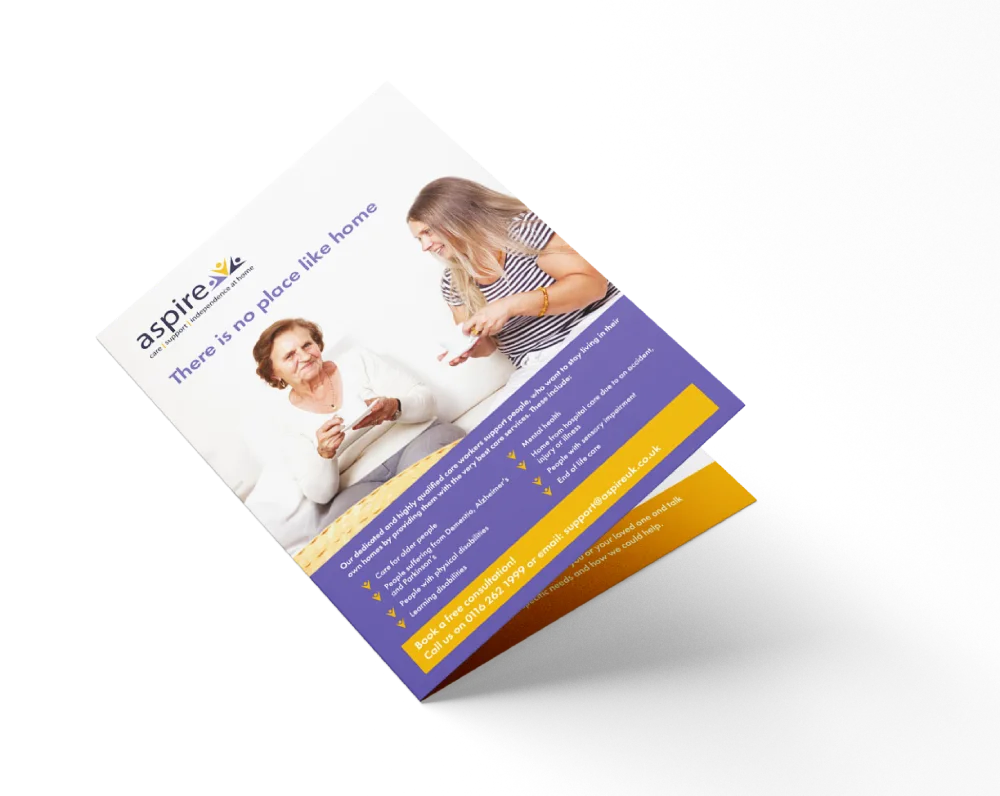

Paying for Care
The costs and
finances of home care
On this page, we highlight that funding care at home is comparable to paying a residential care home. Beyond that, we outline the benefits available to people paying for care due to disability or old age.

How does care at home compare to care homes?
According to which.co.uk, the average annual cost for a person to live in a residential care home is £31,044. Comparatively, the average cost of care at home is approximately £18,000. There are significant variations to these costs depending on your chosen level of care; however, these statistics show that care at home is affordable and attainable for many families.
Paying for Care
At Aspire UK our priority is providing meaningful care to those who need it most and supporting fulfilling independent living. Which is why we aim to make the payment process as straight forward as possible.
You may want to consider the following options when it comes to paying for care:
Personal Health Budget
Aspire UK accept Personal Health Budget (PHB) payments.
PHB’s are granted by the local council to those with social care needs, subject to their financial situation, and can provide more freedom and control over one’s care.
There are many services that can fall under this budget that you might not have even realised, such as therapies and personal care. Talk to your local representative to find out more.
Direct Debit
Direct Debit payments allow you to rest assured that you or your loved one’s care will go uninterrupted.
The monthly services fee’s will be taken directly from your bank each month, so you won’t need to worry about missed payments.
Direct Debit payments can be stopped at any time by request.
FAQs
What is Complex Care?
Complex care is person-centred specialist support for someone with a chronic or long-term health condition, that requires extra assistance to manage their symptoms and daily activities to enable a high quality of life.
How do I get funding for complex care? Who do I go to for funding?
You need to contact your GP or Adult Social Care who will assist you to ascertain if you are eligible to get any funding. They will ask you how much money you have and ask about your income.
If you are eligible you may have to pay a small contribution to your care, but the social worker will sort all of this out for you.
What is a Direct Payment?
This is a budget that Adult social care gives to you to enable you to pay for your care direct to the provider. Most of the time they give you a card, it is like a credit card, they put the money on this card, and you can pay the provider via BACS. If you are not able to manage your own monies you can ask a representative to do this for you, family normally support with this.
What is a Personal health budget?
If you are fully funded by the NHS, the money comes from the CCG, however they ask a local Continuing Health Care (CHC) team to help you with this. If you are eligible to receive CHC care and support, they will ask you to set up a separate bank account and pay the monies into this account. This enables you to pay the care provider via Direct Debit, BACS or by cheque. You can have a nominated person to help you if you are not able to manage your own monies.
What is live in care?
What locations do you cover?
We cover the whole of Leicester and Leicestershire, this is broken down further by the following Postcode,
LE1, LE2, LE3, LE4, LE5, LE6, LE7, LE8, LE9, LE10, LE11, LE12, LE13, LE14, LE15, LE16, LE17, LE18, LE19, LE65 & LE67
What training do you provide for care workers?
- All mandatory training that includes
- The Care Certificate
- Adult Safeguarding
- Child Protection
- QCF Level 2, 3 and 5
- Specialist Dementia
- Medication Management
- Moving and Handling
- Bowel Management
- First Aid
- Infection control
- Hygiene
- Skin care
- Infection control
- Acquired Brain Injury
- Spinal Cord injury
- Motor Neurone Disease
- multiple Sclerosis
- Learning Disabilities
- Epilepsy
- Clinical Observations
- Health and Safety
- Personal hygiene
- Bladder Management
- Ventilation and respiratory care
- Nutrition and enteral feeding
- Record keeping
How long does it take to set up a new care package?
We need to be confident all staff are trained to support a client; this may be from 4 days up to 2 weeks.
Will support workers/carers be able to come on holiday?
Yes, everyone needs a break, we will ensure staff are fully trained to look after you and will make sure you have fun but not put at risk.
What happens in the event of a hospital admission?
Your care team would accompany you upon a hospital admission. The benefit of this is that you receive continuity of care from people you are familiar with and this assists with the workload of the ward staff who retain clinical responsibility.
What happens if there is an issue with a member of the care team?
We have a compliment and complaints procedure, and we will resolve the issue straight away. Our aim to for your staff to be compatible, to have empathy but to enable you to live your life as you wish to live it.
What happens if someone on the care team is sick or on annual leave?
We always aim to have a team that can cover staff sickness or annual leave, our aim is for you to have a team of staff that know you well and you know them well.
Do you have an emergency 24-hour support line?
If you require 24-hour care the staff have access to a phone number to contact a manager who will guide and support you. If you don’t have 24-hour care because you do not need it, you could ask your social worker for a Lifeline.
We don’t live local, so how will you keep in touch with us?
We support many clients that do not live local to them, we facilitate WhatsApp calls or video calls to enable you to speak to your loved one. The Aspire office team will keep you update too.
Home Care Services/Domiciliary Care for your loved ones
We want to make a difference in your loved one’s life and help them stay living in their own home. If you require home care services in Leicester and the surrounding county of Leicestershire, we invite you to download our brochure and book a free consultation.








